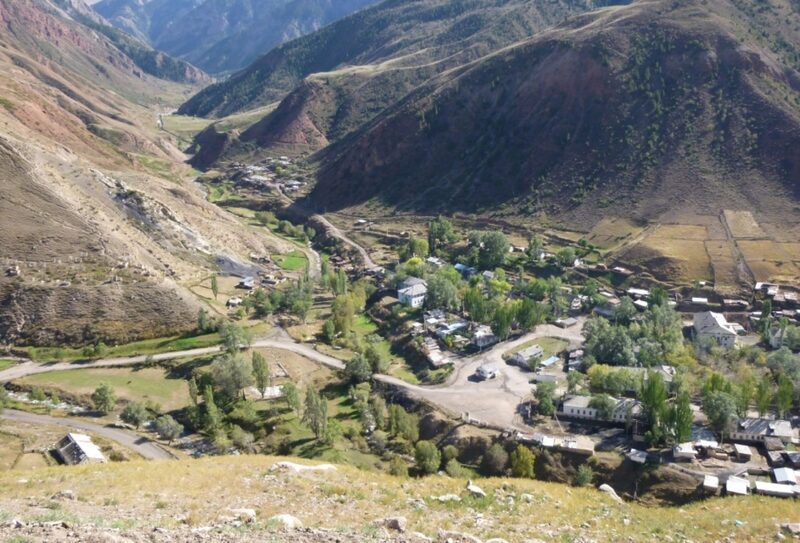
Water Conservation: 7 Simple Ways to Save Water at Home and in Your Business
Water is one of our most precious resources, yet it is often wasted without thought. ...

The United Nations Economic Commission for Europe (UNECE) launched a project to help Tajikistan and other Central Asian states realize progress in attaining the United Nations Sustainable Development Goals (SDGs), especially SDG 6 on water quality and water pollution and SDG 9 on resilient infrastructure and sustainable industry (SDG 9).
The UNECE has launched the project to support Tajikistan and other Central Asian countries to enhance the safe management of the so-called Tailings Management Facilities (TMFs) at the national level and to improve regional and institutional coordination.
The economies of Central Asia rely heavily on activities that produce, process or use large quantities of hazardous substances. The waste generated by activities including the extraction and processing of minerals and metals including mercury and uranium cannot be released into the environment but needs to be safely stored in so-called Tailings Management Facilities (TMFs). Improperly designed, handled or orphaned TMFs represent a threat that could trigger industrial accidents with transboundary effects, including soil and water contamination. These risks are exacerbated by extreme weather events and natural disasters.
The expected project outcomes are improved institutional structures and cooperation mechanisms; enhanced levels of TMF safety and the sound management of chemicals; increased awareness and implementation of international legal instruments, notably the UNECE Industrial Accidents Convention and Water Convention and the Minamata Convention on Mercury; reduced risks of TMF failures for Tajikistan and other Central Asian countries participating in the Belt and Road Initiative; and improved transboundary cooperation in Central Asia for the prevention of water pollution from TMFs accidents.
The project (2019-2020) will assist Tajikistan in implementing the recommendations arising from the 3rd UNECE Environmental Performance Review (EPR). This will support the country’s progress towards Sustainable Development Goals and targets relating to water quality and water pollution (SDG 6), and resilient infrastructure and sustainable industry (SDG 9), and further contribute to its implementation of the Sendai Framework for Disaster Risk Reduction.
As its next steps, Tajikistan will prepare an inventory of TMFs in the country and undertake a mapping exercise using a tailings hazard index, which is part of the TMFs checklist methodology developed by the German Federal Environment Agency based on the UNECE Safety Guidelines and Good Practices for TMFs.
The project was officially launched this week at a three-day event in Kokshetau, Kazakhstan, kicking-off with a workshop and on-site training attended by representatives from Kazakhstan, Tajikistan, Kyrgyzstan, the UNECE and international experts. The event was held jointly under the new project and a related pilot project for Kazakhstan and beyond in Central Asia (2018-2019). Both initiatives are implemented by UNECE with the financial support of the Swiss Federal Office for the Environment.
The successful UNECE pilot project has helped to strengthen the capacities of officials and operators in Kazakhstan to improve the safety of TMFs management. Through this initiative, the country has increased its inventory of TMFs from 75 to 121 facilities, and will continue with the mapping of these facilities over the coming months.
This week’s workshop aimed to enhance capacities to prevent accidental water pollution from TMFs, with the on-site training providing a valuable opportunity to apply in practice the TMF checklist methodology. The participation of Kazakh experts was co-financed by OSCE.
The events also offered a platform to discuss the further implementation of the two projects, particularly in view of the upcoming subregional workshop to be held in Almaty in autumn 2019, where Tajikistan will present interim results and Kazakhstan will present its final project outcomes. This will enable the further exchange of lessons learned and experiences among representatives from Central Asian countries, together with UNECE and partners including OSCE, OECD, the Eurasian Economic Commission, IS Council on Industrial Safety, CAREC, UNDP and UNEP.

اترك تعليقا